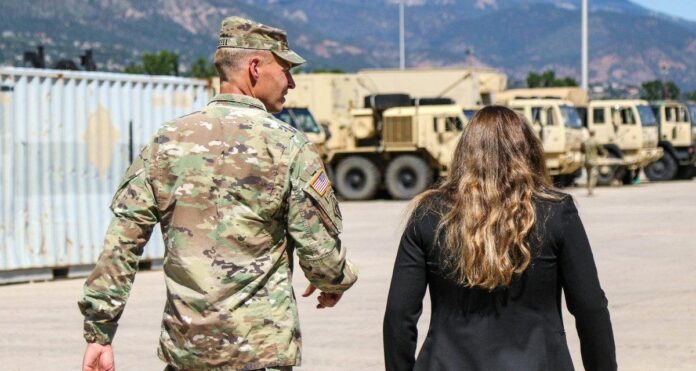Authors: Risa Brooks, Jim Golby, and Heidi Urben
Affiliation: Marquette University and Modern War Institute (West Point), University of Texas at Austin, and Georgetown University and Modern War Institute (West Point)
Organization/Publisher: Foreign Affairs
Date/Place: May/June 2021/USA
Type of Literature: Article
Word Count: 4070
Link: https://www.foreignaffairs.com/articles/united-states/2021-04-09/national-security-crisis-command
Keywords: Civil-Military Relations, Army, Crisis
Brief:
The authors talk about the crisis in civil-military relations in the United States of America. The increasing growth of influence of senior officers in the military over the past three decades has led, in one way or another, to undermining civilian authority over the military. On occasions where the military has refused to carry out orders, senior military commanders have regularly thwarted or delayed presidential decisions regarding military policy. In 1993, Colin Powell, Chairman of the Joint Chiefs of Staff, helped prevent President Bill Clinton from ending the policy prohibiting homosexuals in the military, resulting in the compromise “Don’t ask, don’t tell.” Both Presidents Obama and Trump complained that officers surrounded them – limiting military options and information leakage – and reluctantly forced them to accept an increase in troops they did not support. The authors see resetting this broken relationship as a daunting task that requires hiring skilled civil servants made up of political appointees and an alert and willing audience to hold civilian leaders and the military alike accountable. Due to the military’s popularity, politicians on both sides of the aisle benefit from the military’s prestige to protect themselves from criticism and attacks from opponents – often a cost-free strategy during election campaigns. That is what happened in the 2020 elections. The military has also played a role in the decline of civilian control. For one thing, its non-partisan morality is declining. While most senior military officers did not sympathize with a political party until late 1976, nearly three-quarters of them do so today, according to surveys conducted between 2017 and 2020 of senior officers attending various war colleges. The military is torn apart by party divisions. Without strong civilian oversight of the military, “the United States will not remain a democracy or a world power for long.”
By: Taqwa Abu Kmeil, CIGA Research Assistant




